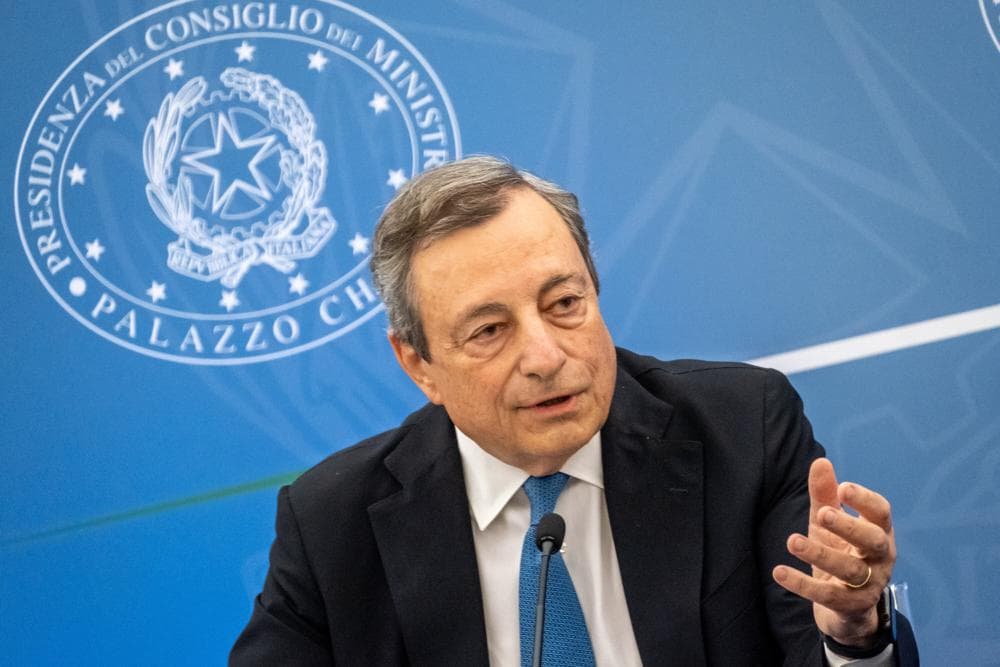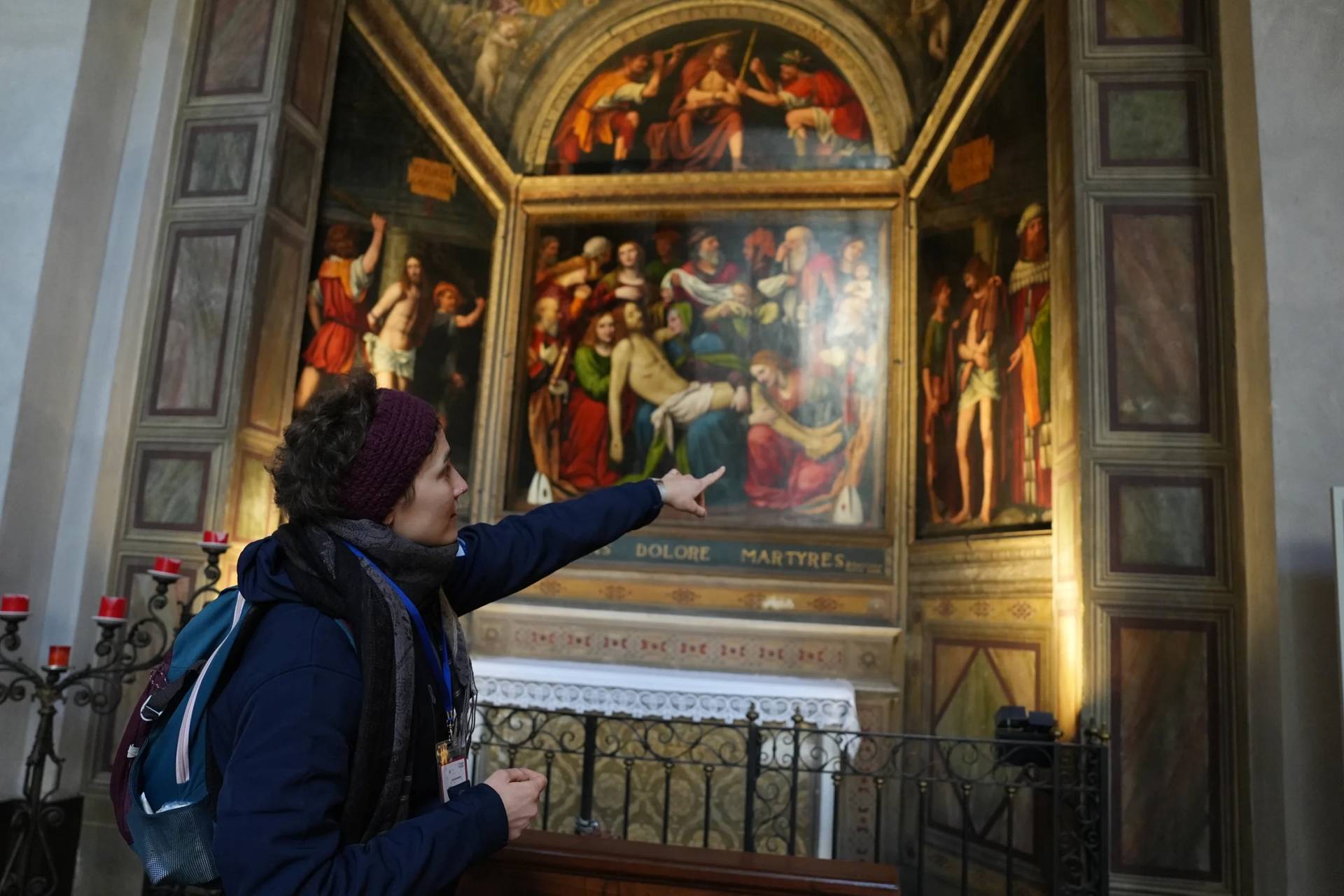ROME – As Italy’s government under Prime Minister Mario Draghi stands on the brink of collapse, the country’s top Catholic prelate stressed that now is a time for unity rather than division.
In a statement Friday, Italian Cardinal Matteo Zuppi of Bologna, president of the Italian bishops’ conference, said, “We are watching with great concern the political situation which is taking place and which risks overlapping a more general phase of crisis which is already having a heavy impact on the lives of individuals and families.”
He said continuity and “clarity of decisions” are needed now to face various crises in Italy and Europe, such as the war in Ukraine, high inflation, the COVID pandemic, employment issues, and a “general uncertainty.“
Given that Zuppi is seen as a key Pope Francis ally, many Italian observers are inclined to take his statement as reflecting, at least in a general sense, Vatican sentiment.
Zuppi’s statement came after Draghi submitted his resignation July 15, following a rebellion inside the coalition of his national unity government, which he has led since February 2021, when he was tapped by parliament to lead Italy through the pandemic.
On Thursday, the Italian senate held a vote of confidence in Draghi over a proposed bill aimed at tackling rising energy prices related to the war in Ukraine.
Italy’s left-wing populist Five Star movement, led by former Prime Minister Giuseppe Conte, has objected to the measure. The movement’s senators walked out of Thursday’s vote, thus boycotting the motion of confidence.
When Draghi’s unity government was formed, the Five Star movement was among the biggest parties in the coalition. Recently, however, the Five Stars have seen several defections amid falling public support. The other main parties in Draghi’s coalition are the far-right Lega, the center-right Forza Italia, center-left Democratic Party, and left-wing Italia Viva.
While Draghi still obtained enough votes without the Five Star senators, he argued that since the coalition he built no longer existed, he could not continue, and submitted his resignation to Italian President Sergio Matarella.
Matarella rejected it, and instructed Draghi to go back to the legislature on Wednesday, July 20 to see if his majority, or one similar, can be reformed.
In the meantime, Italians following the situation are perplexed and worried about what impact the crisis might have on their country, already grappling with a new wave of COVID-19 and preparing for elections, which were scheduled for early 2023.
However, if Draghi’s government does collapse as a result of this latest crisis, elections could take place in the fall.
While several parties, including the Five Star movement, are eager for early elections, the resulting political instability would put at risk Italy’s efforts to tackle its energy crisis and to pass next year’s budget securing EU funding.
The Five Star movement’s actions last week have been criticized by many, including former party leader and current Italian Foreign Minister Luigi di Maio, who accused the party of instigating a crisis intended to bring down the Draghi government in a bid to revive its own support, while dragging the rest of the country into economic and social collapse.
In his statement, Zuppi said, “Dialectical confrontation and pluralism are an indispensable wealth of democracy, even more in the view of the upcoming natural electoral deadlines.”
However, the current situation requires “the maximum of convergence and stability to finish the launch of decisive interventions on which for months we are discussing, and which will affect the coming years,” he said.
This, Zuppi said, “is why we hope that there will be a burst of responsibility in the name of the general interest of the country that must prevail over even legitimate party positions to identify what is necessary and possible for the good of all.”
Follow Elise Ann Allen on Twitter: @eliseannallen













